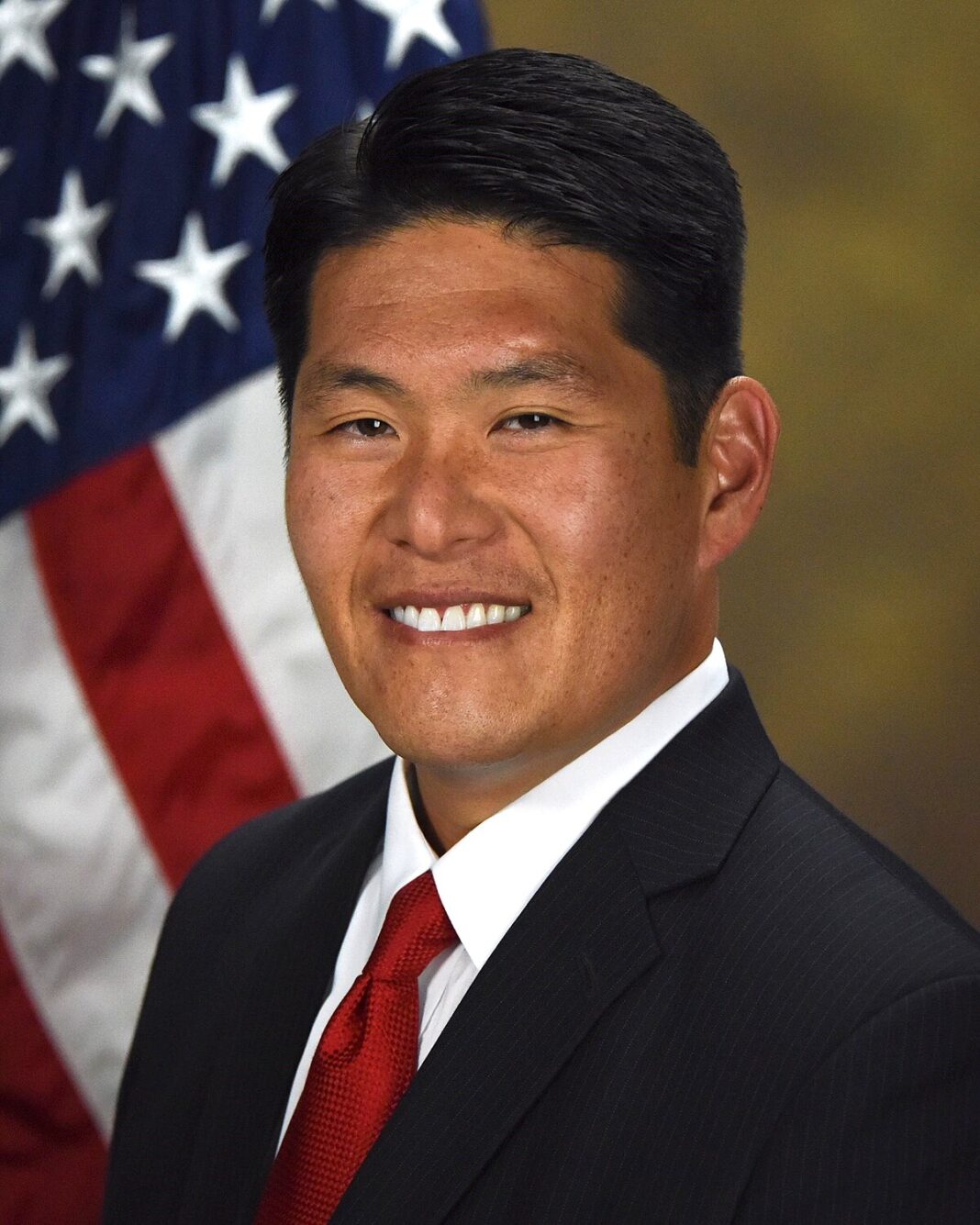Haiti is spiralling into chaos as heavily armed criminal gangs have attacked major government assets across the capital, Port-au-Prince, and taken control of the country’s main international airports. The violence, which began on 29 February, has seen gang members burn down police stations and raid the country’s two biggest prisons, releasing more than 4,000 inmates.
In the midst of this crisis, Haiti’s Prime Minister Ariel Henry has agreed to resign once a transitional presidential council is created. Mr. Henry confirmed his resignation hours after Caribbean leaders and US Secretary of State Antony Blinken met in Jamaica to urgently discuss the crisis. Currently in Puerto Rico, Mr. Henry has been barred from returning to his home country, with a growing number of officials in Haiti calling for his resignation.
US Representative Sheila Cherfilus-McCormick, a Democrat, was one of the voices calling for Prime Minister Ariel Henry to resign. “We have to make sure that the Haitian people trust the process and that they feel that they are being protected and that the gangs will not be involved in any kind of transition government,” the Haitian-American representative said on Monday. She added that Mr. Henry should hand over his post to a transitional government.
As the crisis escalates, US embassy workers are being airlifted out of Haiti following widespread gang takeovers of the island and the resignation of Prime Minister Ariel Henry. The US cited “concerns” over the conditions and the potential for continued violence as the reason for removing staff from the nation.
The situation in Haiti remains critical, with dozens of people dead and roughly 15,000 forced to flee their homes due to gang raids. Many now face dwindling supplies of food and water. The international community continues to monitor the situation closely.





